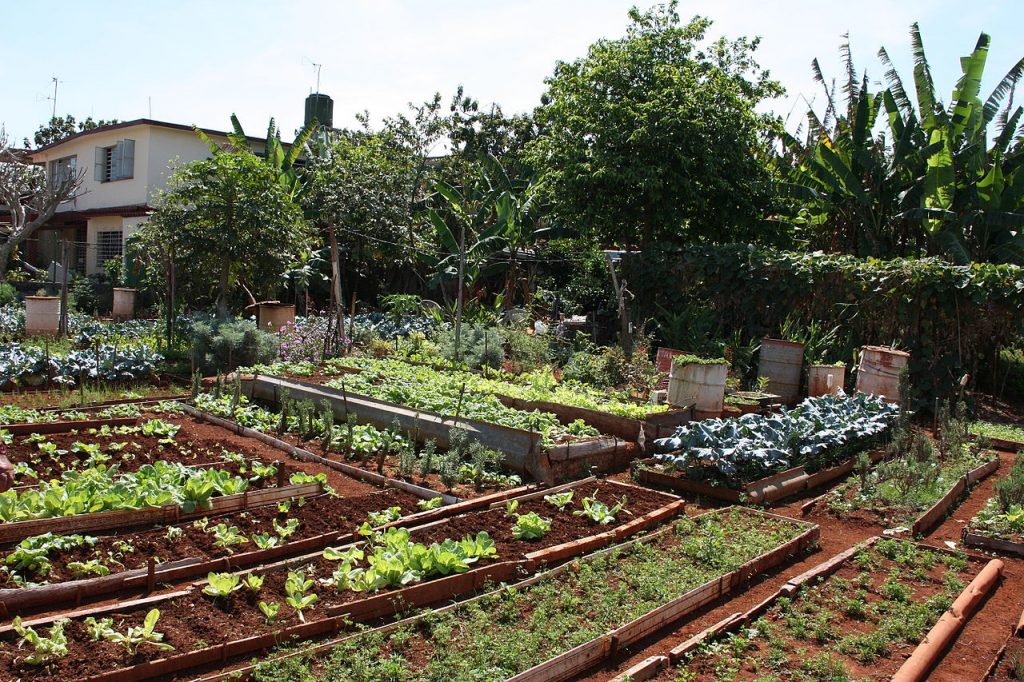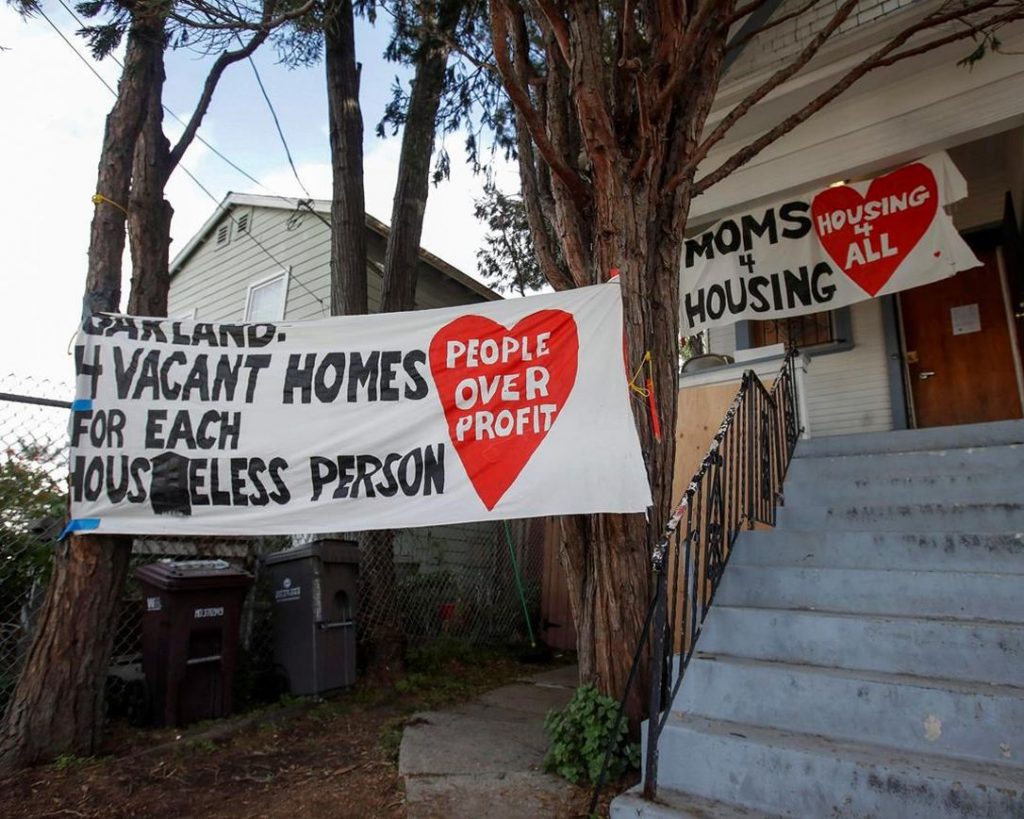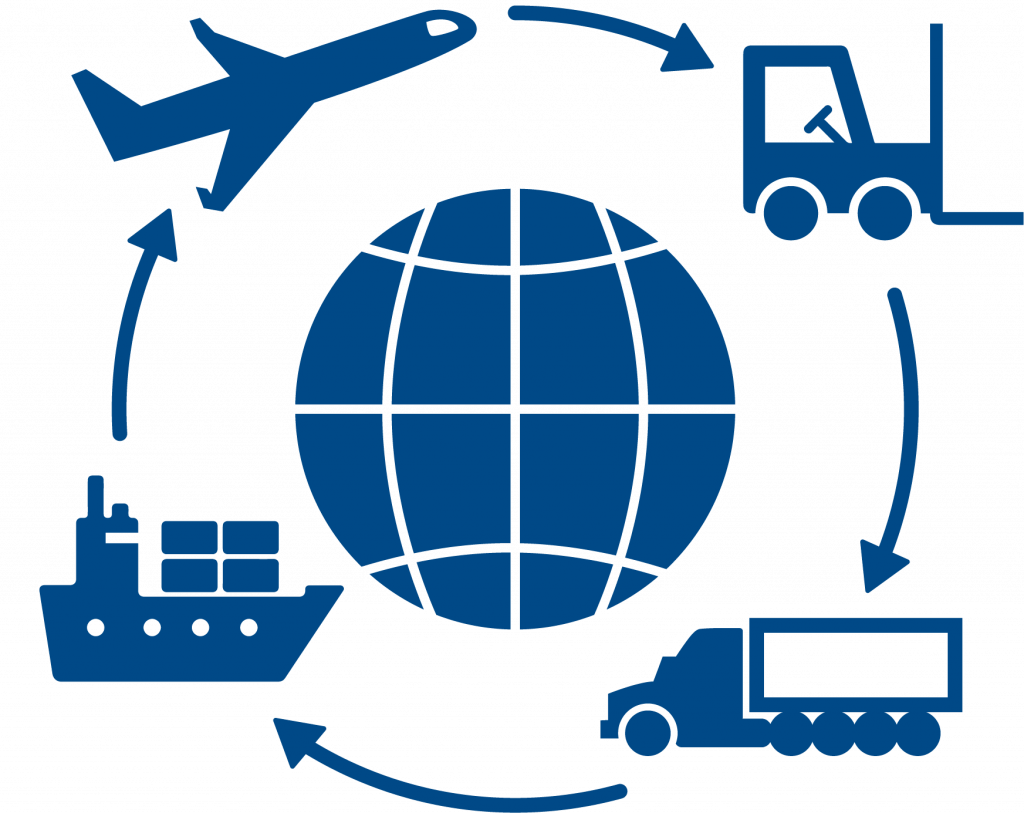Research Symposium
Symposium slides linked here:
Urban Agriculture
This project aims to understand the transformative potential of urban agriculture to cultivate food sovereignty and combat injustices within our food system that occur disproportionately along the lines of race and class. Centering environmental justice, it will analyze how groups across Berkeley and the East Bay are harnessing urban agriculture to re-define their local food systems and create thriving networks of community. Finally, it will explore potential solutions to existing challenges facing urban agriculture and utilize GIS to map initiatives across the East Bay and provide interactive tools that may promote the progression of this movement. Through this project, we aim to gain insight into the state of urban agriculture within the East Bay and explore how it may serve as a model for other regions to take steps toward creating more sustainable and equitable cities.
Goals
- Understand how the legacy of colonization and dispossession in the Bay Area is connected to food injustices today
- Understand the history of urban agriculture and explore how many initiatives today are deeply rooted in Black and Indigenous knowledge and land stewardship
- Critically analyze the impacts of industrial agriculture and frame alternative agricultural paradigms such as urban agriculture/agroecology
- Utilize an interdisciplinary approach to examine urban agriculture through multiple lenses (e.g., health + wellness, social, economic, and ecological)
- Connect with local leaders who are utilizing agroecological methods to advance food and land sovereignty
- Identify current barriers that stand in the way of advancing urban agriculture movements across the Bay Area and beyond and highlight potential solutions
- Utilize ArcGIS StoryMaps as an interactive tool to share important stories and enhance the work of urban agriculture initiatives (e.g., information sharing, soil quality mapping, site suitability based on community needs)
Committee Leads: Ava Currie (ascurrie15@berkeley.edu)
Academic Mentor:
Researchers: Alyssa Kawano, Quentin Freeman, Kavina Peters, Annika Skov, and Joyce Wang


Redwood Forest Restoration
This project aims to utilize geospatial and hands-on approaches to aid in Bay Area redwood forest restoration. Redwoods are extremely important to protect–they support vulnerable wildlife, help prevent soil runoff and filter water in rivers and streams, and store more carbon from the atmosphere than any other forest ecosystem (Save the Redwoods). They are vital to manage and many different approaches to monitoring, including species distribution modeling, field research, and other mapping projects.
Goals:
- Understand the history, ecological benefits, current issues, and future outlook of California’s forest ecosystems
- Understand different forest management techniques and indigenous Traditional Ecological Knowledge
- Investigate the changes that redwoods will undertake due to climate change and determine the usefulness of different restoration approaches
- Write research grants to fund potential field work opportunities
- Learn geospatial approaches to solve environmental challenges, most specifically using ArcGIS Pro, and MAXENT (machine-learning application).
- Learn remote sensing practices and using Google Earth Engine.*
- Learn to create an independent research plan, including methodology for field work.
- Many introductory level research opportunities are limited to data entry, and this project aims to go beyond data entry and leave its researchers with a larger skillset.
*This is a possibility but not a certainty
Committee Lead: Emma Centeno (ekcenteno@berkeley.edu)
Academic Mentor:
Researchers: Beatrice Cundiff, Isabelle Herrera, Isabel Martin, Luyang Zhang, Mina Burns, and Emma Paradise
Exploring the Berkeley Housing Crisis
This project aims to analyze Berkeley policies that perpetuate homelessness and instability within the Berkeley communities, and contribute sustainable solutions through possible policies and community-led projects. Understanding the current housing crisis in Berkeley requires research into Berkeley history, and the intersection of environmental and social justice issues involving homeless encampments. People without housing often have inaccessibility to clean water, electricity, food, and shelter, and with ongoing COVID concerns, the unhoused community is at greater risk. Despite only having 12% of the United States population, California has a disproportionate amount of people experiencing homelessness with 27% of the total population experiencing homelessness in the nation. Within those statistics involve underrepresented and ignored groups that are impacted disproportionately.
Our goal, as researchers, is to understand the complex threads within the Berkeley housing crisis, while providing the basis for a sustainable solution.
Goals
- Understanding the social, political, environmental, and economic causes to increasing homelessness within the Bay Area
- Utilize political analysis to critique current plans and policy
- Analyze the impacts COVID has had on the unhoused population
- Analyze, research and design a sustainable solution to the Berkeley Housing crisis
- Use CAD / Fusion/ Revit to design sustainable housing (prior experience is not necessary! Just a willingness to learn) *
- Write and contribute to current policies within Berkeley to implement and provide support to the unhoused community
* May happen through hands-on work with Sustainable Housing at California (SHAC) and/or Building Opportunities for Self-Sufficiency (BOSS)
Committee Leads: Ranjini Nair (ranjini.harinair@berkeley.edu)
Academic Mentor:
Researchers: Zurisadai Guzman, Isabel Penman, Ifeanyi Ashiedu, and Savanah Ruiz

Consumer Culture and Climate Change
This project aims to investigate how modern consumer culture in the United States is exacerbating the risks of global climate change. Consumer culture is defined as “the spending of customers’ money on material goods to attain a good lifestyle in a capitalist society” (Wallenius). As described in the definition, happiness, especially in the United States, is identified with material goods. We are essentially asking, how such an association can be changed, for the sake of Climate Change and global social justice.
Goals
- Identify factors that contribute to overconsumption in the United States
- Critically examine current solutions, such as the production of “sustainable goods”
- Discuss possible solutions to the issue of overconsumption from a large scale systems and roots perspective.
- Shift the current consumerism discourse from the blame game of ‘corporation vs consumer’ and the common solution of “the production of eco-friendly consumer goods.”
Committee Leads: Kayla Hidayat (kaylahidayat@berkeley.edu) and Ankita Morari (ankita.morari@berkeley.edu)
Academic Mentor: Arthur Mallet Dias
Researchers: Dani Kim, Julie Luo, Priya Riley, Léonie Chalochet, Erin Lum, Anjika Morari, Mary Wang, Max Vink, Emma Caufield, Natalie Allen, Shudo Yoshiara, and Ankita Joshi
